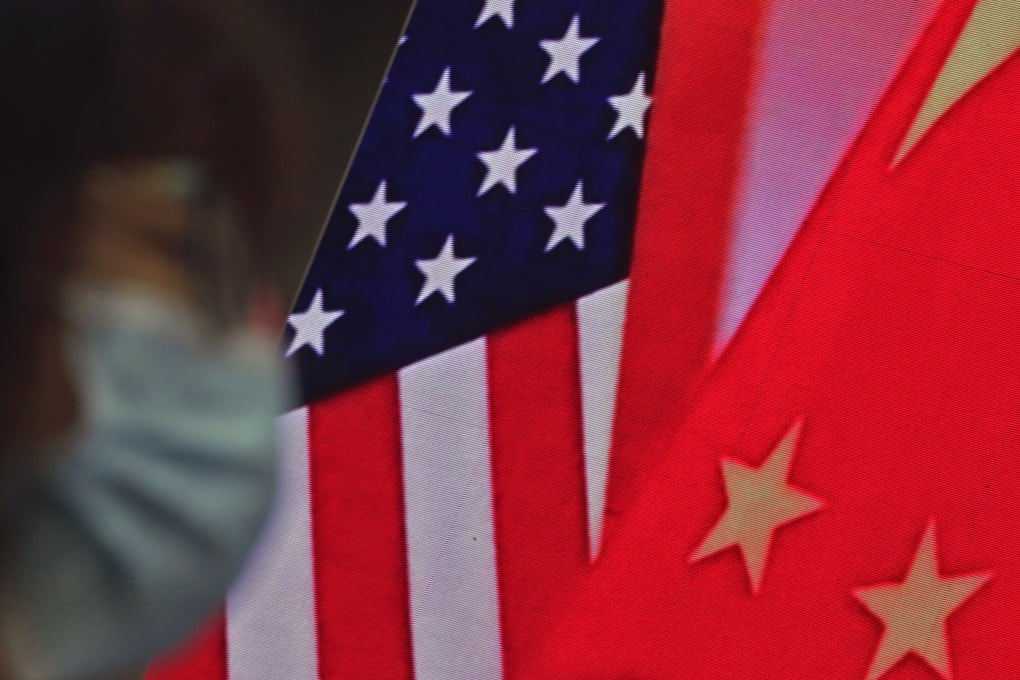My Take | US didn’t ‘engage’ China to make it rich and free; it profited off it
- The logic of American capitalism dictated the US partner with China; the logic of empire now compels it to fight this rising ‘monster’ because it didn’t turn out to be the plaything America had expected

In the United States, there has developed what may be called a revisionist history of China’s rise. Under the heading of engagement and its failure, the narrative is that after the Cold War, America wanted to help communist China liberalise its economy and democratise its society and state. So, it decided to engage Beijing to entice it into following the rules-based international system and to integrate its economy into that of the world. After all, the 1990s and 2000s marked a great wave of democratic convergence around the world.
This American effort, however, has largely failed. China has failed to liberalise and democratise. In fact, it has turned back on economic reforms. Engagement was a misguided attempt, but it was done out of the goodness of its own heart; still America has created a monster. Now, it has to take responsibility – it has no choice but to fight and restrain this monster and stop it from threatening the world.
There is a nifty summary of this view in “The Inevitable Rivalry: America, China, and the Tragedy of Great-Power Politics” by John Mearsheimer, in the current issue of Foreign Affairs.
“It was a momentous choice,” he wrote. “Three decades ago, the Cold War ended, and the United States had won …
“There was a serious possibility that China might become dramatically stronger in the decades to come. Since a mightier China would surely challenge the US position in Asia and possibly beyond, the logical choice for the United States was clear: slow China’s rise.”
But America did the opposite, Mearsheimer wrote: “Instead, it encouraged it. Beguiled by misguided theories about liberalism’s inevitable triumph and the obsolescence of great-power conflict, both Democratic and Republican administrations pursued a policy of engagement, which sought to help China grow richer. Washington promoted investment in China and welcomed the country into the global trading system, thinking it would become a peace-loving democracy and a responsible stakeholder in a US-led international order.
